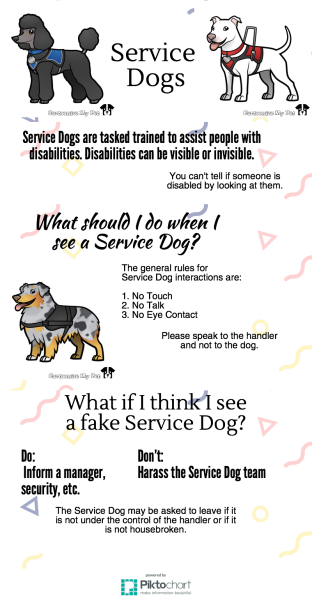Benefits Of Dog Day Care
Benefits Of Dog Day Care
Blog Article
Can Pet Daycare Reason Health Problem?
Dogs in childcare receive great deals of workout, socialization with various other pet dogs and unique experiences. This can be specifically handy for young puppies and dogs with behavior issues.
There are numerous lawful considerations you need to take into consideration when beginning a doggy daycare company. These consist of the framework of your organization and conformity with federal government regulations.
1. Canine Distemper
Canine distemper is spread with straight contact with the physical liquids and waste of a contaminated pet, but it can also be transferred through common water and food bowls or with air-borne beads. This very transmittable illness is most dangerous for puppies, but it can affect pet dogs of any type of age and is deadly for a lot of if left unattended.
First symptoms of canine distemper often mimic a common cold, including runny eyes and nose with watery or pus-like discharge. As the disease progresses, a canine will develop fever, coughing, reduced appetite, vomiting and diarrhea. The virus can also strike the nerves, causing seizures, shivering and partial or total paralysis.
Trustworthy childcares lower direct exposure to infection by calling for inoculations, regular health examinations and comply with stringent hygiene protocols. If your dog appears extremely exhausted or limping, a day of rest might aid him recoup, yet you must prevent taking him back to day care up until these symptoms clear.
2. Kennel Coughing
Kennel coughing, likewise referred to as infectious canine tracheobronchitis or Bordetella, is a very transmittable viral or bacterial disease that affects the respiratory system system. It's generally transferred with the exchange of saliva or air droplets that an unwell pet dog exhales. Social canines go to greater danger for infection due to their constant communication with one another, such as when they play, share food or water, sniff each other or just meet in a jampacked atmosphere like a canine park or daycare.
One of the most typical symptom of kennel coughing is a consistent and forceful coughing that seems like something stuck in the throat or retching. Frequently, dogs will certainly spend frothy white phlegm. If left unattended, a pet dog can establish pneumonia and be at serious threat forever.
A reliable childcare center should have rigorous cleansing and cleanliness protocols, disinfect all toys, food and water bowls routinely, and be open concerning their inoculation policies. Maintaining your canine up to day on their vaccinations, especially for bordetella and canine flu, will greatly lower their possibilities of contracting the health problem.
3. Parvovirus
Canine parvovirus, or parvo, is an extremely contagious viral health problem that can be fatal for pups and young adult pets with bad immune systems. It's most generally spread by straight contact with polluted pet feces-- which can occur when dogs smell, lick, or taste contaminated feces-- and indirectly from contaminated individuals, objects, or settings (like kennels, grooming areas and yards). Pups and pet dogs without complete inoculation histories are specifically vulnerable to parvo.
The infection is incredibly resistant, surviving in the setting for as much as 9 years, and can easily be moved between pets by contact via feces or on shoes, garments, and bedding polluted with parvovirus. If not dealt with quickly with IV liquids, electrolyte balance, throwing up control medications and anti-biotics to prevent second bacterial infections, a pet boarding dog boarding dog will rapidly dry out and create severe looseness of the bowels, which leads to shock and blood poisoning. Parvo is difficult to treat once a pet dog has ended up being ill, yet with appropriate veterinary treatment, many young puppies do endure this disease.
4. Dog Flu
Canine flu virus is extremely transmittable and spreads through straight call, sharing food and water bowls, licking or nuzzling other pet dogs, via airborne beads, and via polluted surface areas. Vaccination works in reducing the danger of infection and episodes.
Most impacted pets develop a light respiratory infection with a cough that lasts 1-3 weeks. They might additionally have nasal and ocular discharge, sneezing, and lethargy. Several of the most severe cases cause pneumonia and a high fever.
If your dog displays any one of these signs, do not bring them back to childcare up until they are healthy and balanced. If your canine is revealing signs of extreme exhaustion or limping, talk with your vet as soon as possible and ensure they get on good health supplements to assist construct their immunity. A veterinarian will certainly assess your pet for signs of the influenza by taking a sample from the nose or throat, and blood examinations can be done to confirm.